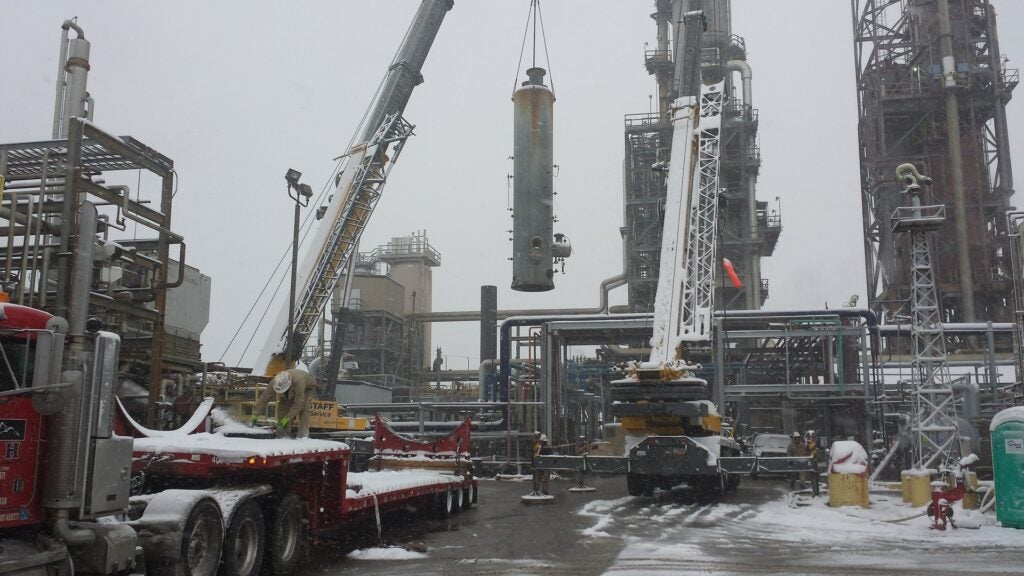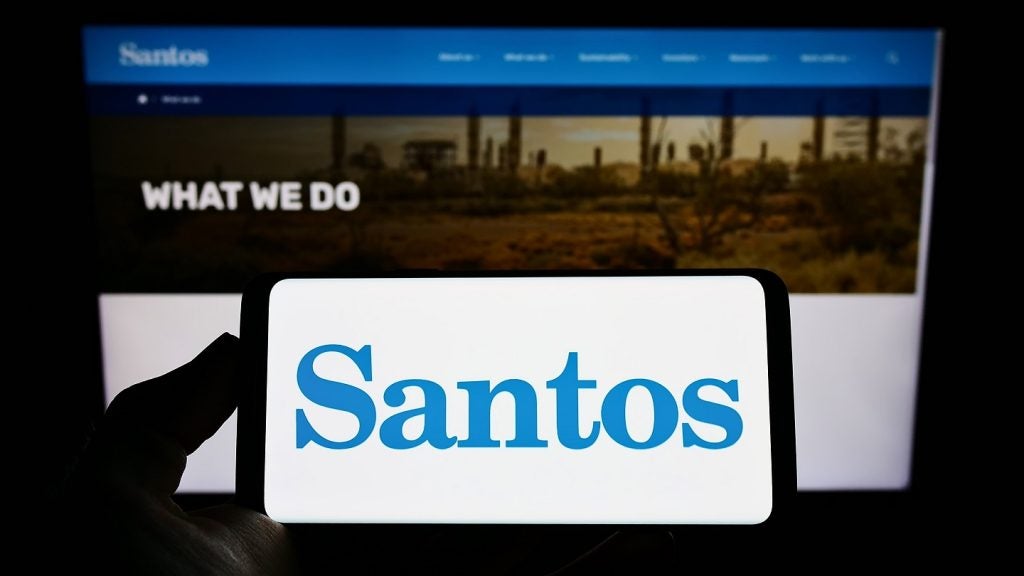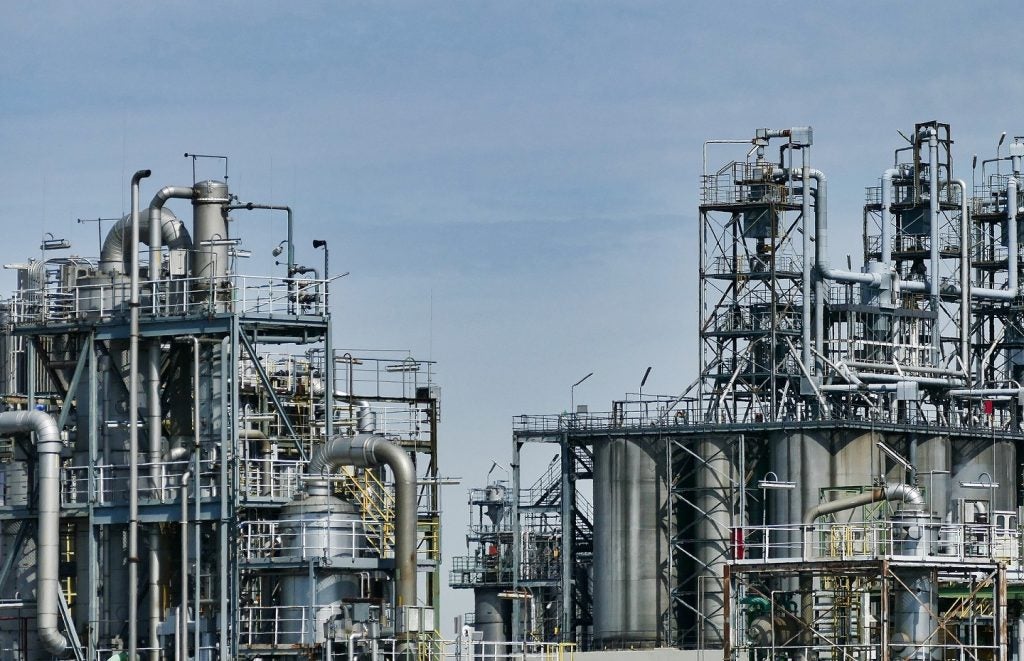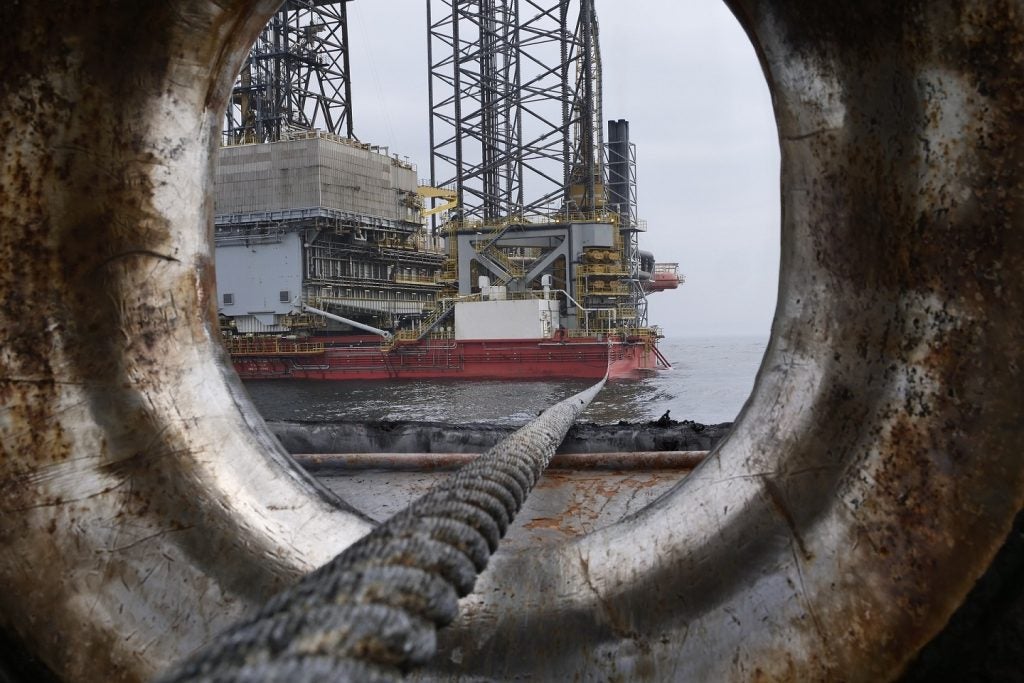Bulgaria is replacing Russian oil imports with crude from Tunisia, Iraq and Kazakhstan, despite the nation having a waiver from EU embargo that allows it to continue seaborne imports of Russian oil in 2024.
This month, exports of all refined products produced from Russian crude have been restricted, making it almost impossible for Bulgaria’s sole refinery to run on Russian oil. In March, all Russian crude imports will stop.
Bulgaria uses the crude oil to fuel its Burgas refinery, which has a capacity of 190,000 barrels per day (bpd) and is operated by Russia’s Lukoil. In 2023, Bulgaria bought more than 100,000bpd of Russian crude, making it the fourth-largest buyer of seaborne Russian oil in 2023.
However, no Russian oil is set to reach the Burgas port this month. Costs at the plant have risen as Lukoil can no longer supply the Burgas refinery with its own Urals oil and has had to use oil from elsewhere.
Bulgaria’s Government has also imposed a 60% tax on the refinery’s profits, further hampering the finances of the plant.
According to LSEG data, Burgas is set to receive two 70,000-tonne (t) cargoes of Kazakhstan’s KEBCO crude, one 76,000t cargo of Basrah Light, one 50,000t cargo of CPC Blend and 33,000t of oil from Tunisia.
Traders told Reuters that the Kazakh grade KEBCO is the most likely to replace Russian oil in Bulgaria as it is the same quality as Urals.; however, its supply is limited and the price is therefore significantly higher.
The plant is designed specifically to process Urals oil and can only run on sour grades, which are expensive in the EU.
One of the traders told Reuters: “The market of sour barrels in Europe is tight due to no availability of Urals and Kurdish oil.”












